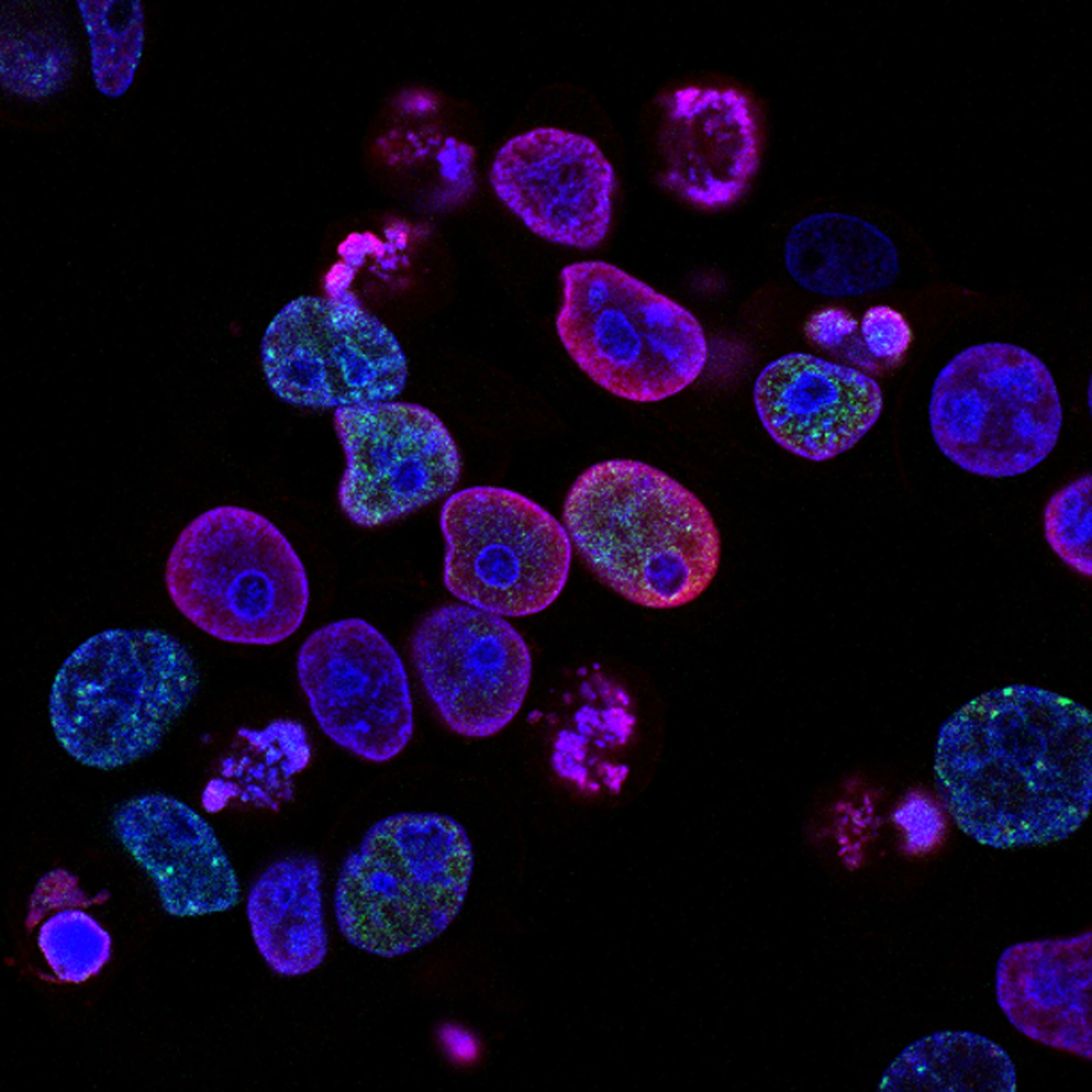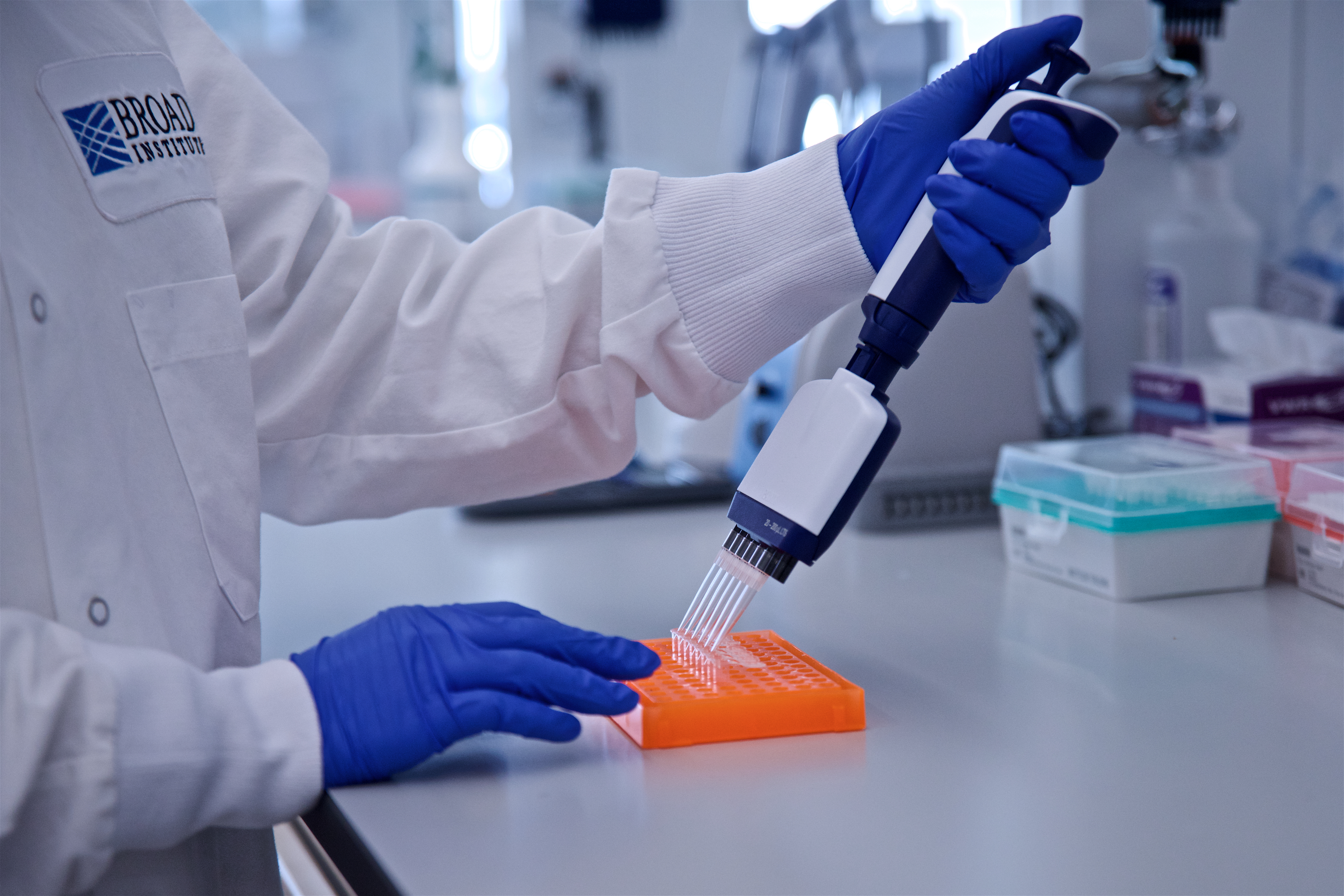
Understanding and treating cancer precisely demands a new way of thinking.
Cancer is often treated using a reductionist approach: distilled to an individual subtype, mutation, or phenotype. But fundamentally, cancers are complex ecosystems that necessitate systems-level understanding and intervention. Project Ex Vivo envisions a new, constructionist paradigm for precision oncology, one powered by the bottom-up integration of experimentation and computation.


Who We Are
Project Ex Vivo is a joint cancer research collaboration between the Broad Institute and Microsoft, with support from the Dana-Farber Cancer Institute. By synergizing each other’s world-leading expertise in high-throughput biology, AI, and clinical oncology, we are building a true end-to-end framework for precision oncology: from wet-lab experimentation, to computation, to the clinic, and back again.
We develop new experimental and computational approaches to learn, engineer, and target cancer cell states.
Our collaborative team works to codify new pipelines and workflows to establish non-genetic attributes as targetable features in cancer. We aim to nominate new candidates for therapeutic development, optimize model generation workflows for greater in vivo fidelity, and establish a new paradigm integrating genetic and non-genetic attributes to guide therapy selection in precision oncology. We are developing rigorous experimental, computational, and automation pipelines that can be applied across a variety of cancer, non-cancer, and therapeutic contexts. It is our ultimate goal to bring these insights to the clinic. By credentialing cell states and their links with therapy response, we hope to deploy improved patient stratification for diverse clinical trials (chemotherapy, immune therapy, small molecules, etc.), thereby enhancing the likelihood of therapeutic efficacy, potentially lowering costs, and ultimately improving outcomes.

